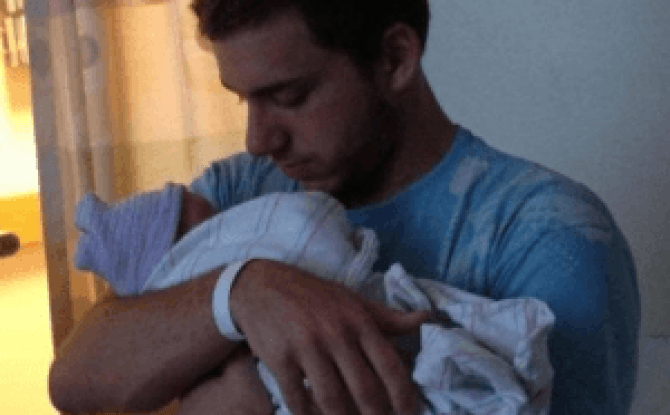
Gay Man In China Sues Government Over Denial of Right to Marry Partner
A gay man in the central Chinese province of Hunan has filed a lawsuit against the government for refusing his application to marry his male partner, in a move that has been hailed as a major test case for LGBT rights in China, his lawyer told RFA on Monday.
Sun Wenlin, 26, filed the complaint against the Furong district civil affairs bureau in Hunan’s provincial capital Changsha earlier this month, challenging the bureau’s refusal to allow the couple to register their marriage.
Sun is arguing that current Chinese marriage law refers to the union of “husband and wife,” but without specifying the gender of either party to the marriage.
The argument rests on the idea that a person can identify as a husband or a wife without reference to their gender.
The complaint was filed at the Furong District People’s Court, which has until Dec. 23 to decide if it will accept the case.
Sun told the Wall Street Journal’s China Real Time blog: “We just hope that we can legally become each other’s family in our own country someday in our lifetime.”
“Our most basic desires and rights have been denied, and this is very difficult to vindicate. I feel very angry,” he said.
A ‘sensitive’ case
Meanwhile, Sun’s lawyer Shi Fulong told RFA that the rights of lesbian, gay, bisexual and transgender (LGBT) people have yet to fully enter public awareness in China.
“We have filed this administrative complaint because the civil affairs bureau failed to carry out its duty to register marriages,” Shi said. “We are appealing to the court to order it to proceed.”
He said the gradual liberalization of gay marriage in Western countries and some U.S. states has paved the way for changing attitudes in China.
“Gay marriage is now legal in a lot of countries, which affects a lot of individual rights including property rights and inheritance, as well as matters relating to children,” Shi said.
“All of these things are inherently tied up with marriage, and homosexuality is also subject to social conventions and questions of cultural tradition,” he said.
Shi said he hopes the case won’t be regarded as “sensitive” by the authorities.
“In my view, there’s no such thing as a sensitive case, because from a lawyer’s point of view, all clients are equal,” he said.
“We won’t treat our clients differently because of their ethnicity, their sexual orientation, or other differences.”
Long way to go
A Guangzhou resident who runs a support group for the friends and relatives of LGBT people said there is still a long way to go for LGBT rights in China, but welcomed Sun’s lawsuit.
“This is the first case to do with gay marriage in this country … and really it’s quite epoch-making,” the man, who gave only a nickname A Qiang, said.
“For gay marriage to become legal, it will have to win broad public support, and at the moment only about 22 percent support it, or thereabouts,” he said.
“There is still a long way to go for gay marriage in China, but the good thing is that there has been huge change [globally] in the past decade or so, and the overall trend is towards legalizing gay marriage,” he said.
Click here to read the entire article.
12.21.2015 by Xin Lin for RFA.org


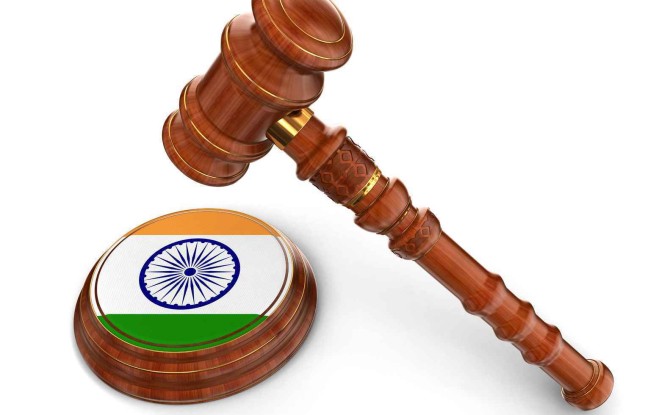

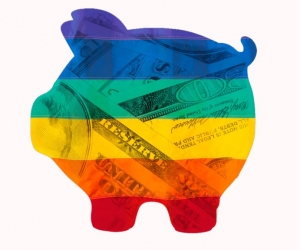 Low Income LGBT Legal Needs Identified by New Report
Low Income LGBT Legal Needs Identified by New Report



 Biskupski, Salt Lake City’s New Openly Gay Mayor, takes office, pledges to build a more ‘inclusive’ city
Biskupski, Salt Lake City’s New Openly Gay Mayor, takes office, pledges to build a more ‘inclusive’ city

 The European Parliament has condemned surrogacy, even as it is being offered in Europe for $37,500.
The European Parliament has condemned surrogacy, even as it is being offered in Europe for $37,500.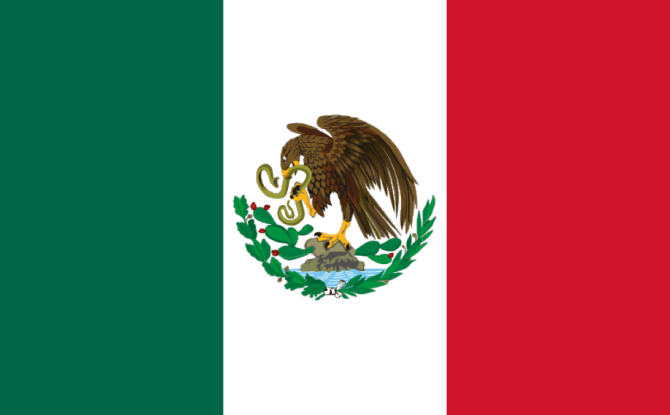

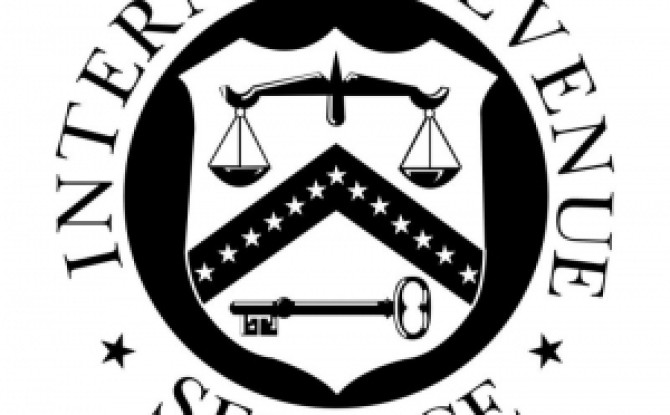
 TBO.com by Elaine Silvestrini, December 14, 2015
TBO.com by Elaine Silvestrini, December 14, 2015